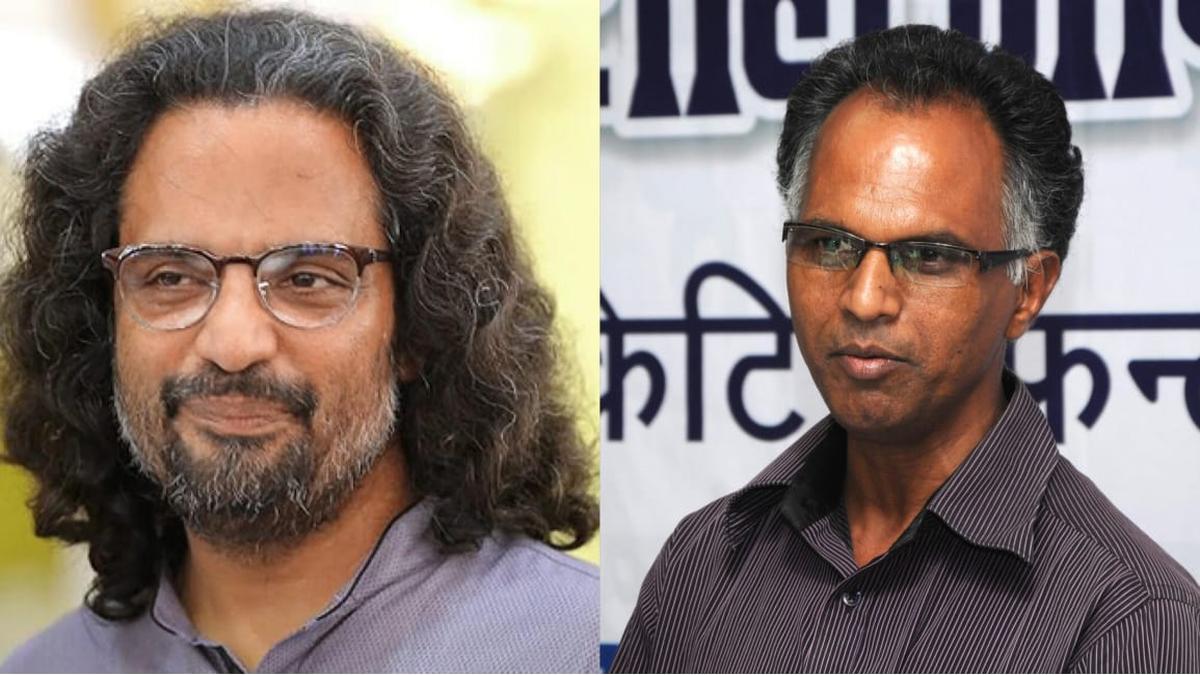 |
|
The Bombay High Court's decision to grant bail to Rona Wilson and Sudhir Dhawale, two prominent figures in the Elgar Parishad-Maoist links case, marks a significant development in a protracted legal battle that has spanned several years. The ruling, delivered on January 8th, 2025, considered the lengthy pre-trial detention of the accused – since 2018 – and the projected extended duration of the trial itself. The court acknowledged the substantial delays inherent in the case, citing the large number of witnesses (over 300) as a primary factor contributing to the anticipated prolonged proceedings. This decision underscores the principle of balancing the need for a fair trial with the rights of individuals accused of crimes to not be subjected to excessive pretrial detention. The bail order, however, does not address the merits of the case against Wilson and Dhawale. They are both required to meet certain conditions, including posting a surety of ₹1,00,000 each and regularly appearing before the special NIA court for trial hearings. The case itself remains highly sensitive and politically charged, further emphasizing the significance of the High Court's decision.
The Elgar Parishad case, centered around allegations of provocative speeches delivered at a conclave in Pune on December 31, 2017, has been plagued by controversy since its inception. The speeches, it's alleged, triggered violence at Koregaon-Bhima the following day. The Pune police initially investigated, asserting the involvement of Maoist groups in the events. This initial investigation eventually transitioned to the National Investigation Agency (NIA), a federal investigative body. The NIA's involvement broadened the scope of the investigation and subsequently led to the arrest of sixteen individuals, including academics, activists, and researchers, amongst whom Wilson and Dhawale were prominent figures. Wilson, arrested in Delhi, was characterized as a key figure within urban Maoist circles, while Dhawale's arrest followed allegations of his involvement with the Communist Party of India (Maoist), a banned organization. The lengthy detention of these individuals, coupled with the slow pace of the trial, led to considerable criticism and legal challenges, culminating in the High Court's recent bail ruling.
The High Court's decision contrasts with the general trend of the case. Many of the sixteen individuals arrested initially have already secured bail. However, the case against Wilson and Dhawale, given their alleged prominence within the alleged Maoist network, was considered particularly significant. The court’s decision to grant bail, therefore, represents a crucial shift in the case's trajectory. The granting of bail to Mahesh Raut, another accused in the case, for 18 days to allow him to take his law exams, further highlights the complexities and ongoing legal battles within this long-running case. Raut's temporary release underscores the balance the court must strike between upholding legal process and recognizing the individual circumstances of the accused. The separate ruling for Raut, while seemingly less significant than that of Wilson and Dhawale, nevertheless reinforces the ongoing challenges in navigating justice within the context of politically charged and complex investigations. This situation exemplifies the challenges faced by the judiciary in balancing the rights of the accused with the need for a thorough and fair investigation and trial. The eventual outcome of the Elgar Parishad case will have far-reaching implications, not only for the individuals directly involved but also for the broader political and social landscape of India.
The granting of bail to Wilson and Dhawale represents a significant legal victory for the defense, and highlights the ongoing debate surrounding the legitimacy of the charges and the fairness of the legal process in this high-profile case. The extensive delays and the sheer number of witnesses involved underscore the inherent challenges in prosecuting complex cases involving alleged conspiracies and political motivations. Furthermore, the case raises questions about the limits of pre-trial detention and the balance between ensuring justice and respecting the rights of the accused. The High Court's judgment, while granting bail, leaves the substantive issues of the case unresolved, leaving the larger questions surrounding the events of December 31, 2017, and the alleged Maoist involvement, open for further debate and adjudication. The ongoing judicial process will continue to be closely watched, given the political sensitivities and implications associated with this case. The decision, while seemingly procedural, could have significant implications for the future direction of the trial and the eventual outcomes for all those accused.
Source: Elgar Parishad-Maoist links case: Bombay High Court grants bail to Rona Wilson, Sudhir Dhawale
